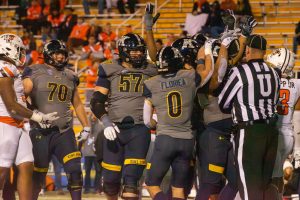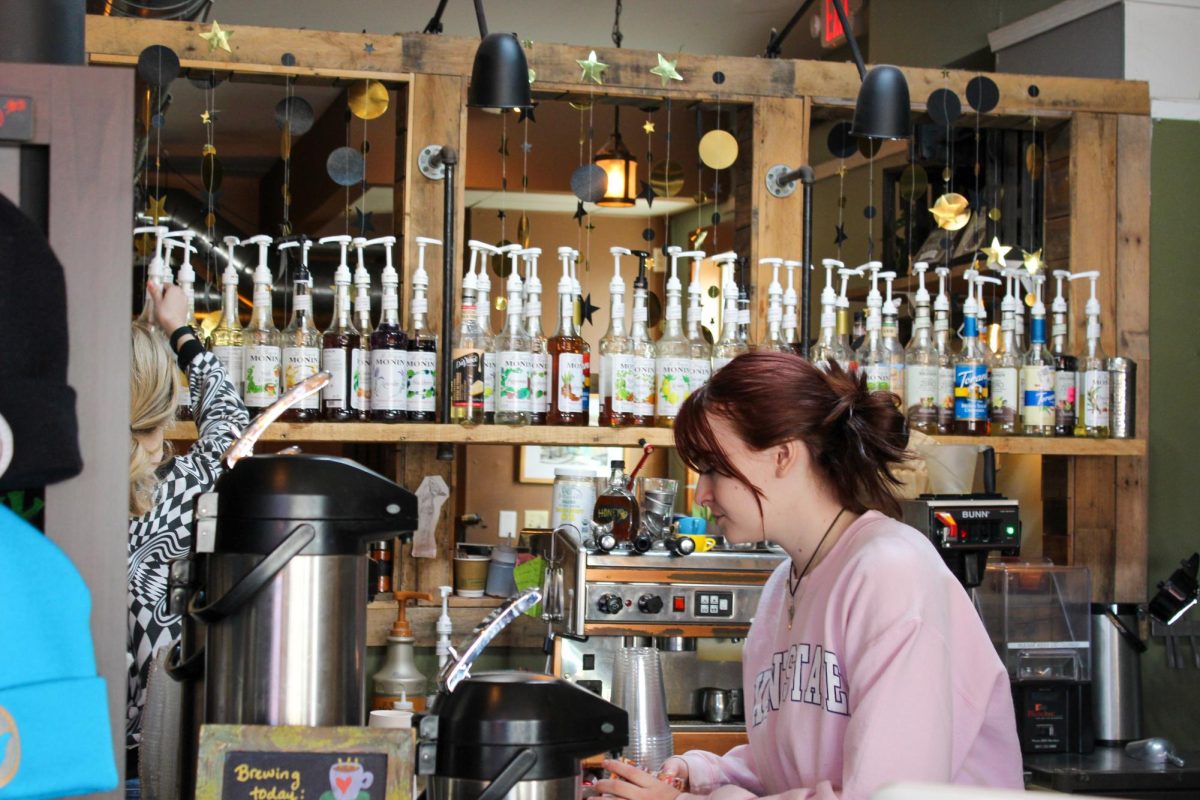Facebook evolves
March 9, 2006
High school and college students can now be friends on Web
When Facebook launched in 2004, college students had exclusive access. In 2005, high school students were able to join the scene. As of Feb. 27, the site has evolved to the point that high school students and college students can be friends.
“The idea to move to high schools just seemed like the logical step to make,” Chris Hughes, spokesperson for Facebook, said in an e-mail. “Mark (Zuckerberg, Facebook founder) wrote in his letter from last Monday (that) we received a ton of requests for high school students and college students to be able to friend one another across the network.”
The Facebook Web site defines itself as “an online directory that connects people through social networks at schools.”
However, some college students aren’t fond of the merger.
Freshman exploratory major Kit Geiger said she was outraged.
“I think that Facebook should be networking between your college or keeping in touch with other people in college that you went to high school with,” she said.
Geiger has a couple high school friends on Facebook, but she pointed out that sites such as MySpace allow anyone to join and that’s where she thinks high school students should sign up.
She’s been a Facebook member since August.
Tyler Wymer, freshman computer science major, agrees with Geiger. He’s also been a member of Facebook since August.
“I see Facebook heading in the direction of a site like MySpace, which will completely ruin what Facebook is and should be,” he said.
He’s also concerned about security.
“People in college are getting stalked or harassed as it is with information that is typically included in a Facebook profile,” he said. “Leaving minors who aren’t always mature enough to think before putting addresses and phone numbers in there doesn’t sound like a good idea to me.”
Wymer likes to meet other students from Kent State and have an easy way to get a hold of people in his classes without e-mailing them.
Sophomore marketing major Mark Schroedel said the whole concept of high school students and college students being friends is stupid.
“It’s just an easy way for online dating and sexual predators to find people like that,” he said. “It’s a good way for high school students to get in trouble.”
He enjoys using the photo feature on the site where members can post personal photos, but he prefers to view “goofy” pictures such as the “Shoot-me-up Elmo” cartoon.
Hughes made it clear that college students’ profiles cannot be seen by high school students.
“If college students want to make their profiles available to certain high schoolers that they know, that is now possible,” he said.
He said including high schools seemed like the logical step to make.
“High schools and colleges, even though they’re very different in a lot of ways, are ultimately built on the same concept: an educational institution around which students assemble their everyday lives,” he said.
Claire May, junior integrated language arts major, has been a member of Facebook for about a year.
Two of her younger cousins “Facebooked” her last week, or made her their friend. She said she is always cautious of what she posts on Facebook, but now that her cousins can see her profile, she always asks herself “Do I really want my cousins to read this?”
But it doesn’t bother her that high school students can now access Facebook.
“Some college kids do not always post something that would be considered role model material, but it is an open forum for kids to post whatever, and if they want to be seen like that, well then, let everyone see,” she said.
Contact features reporter Theresa Edwards at [email protected].














